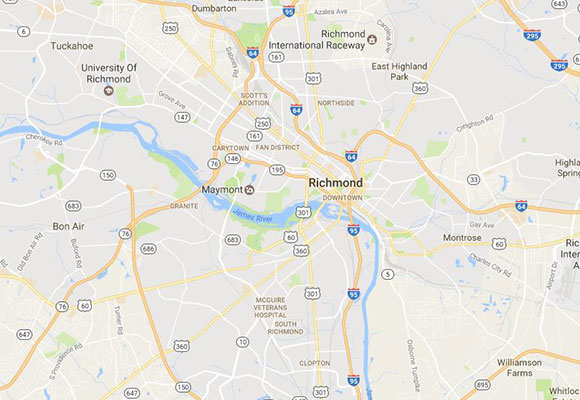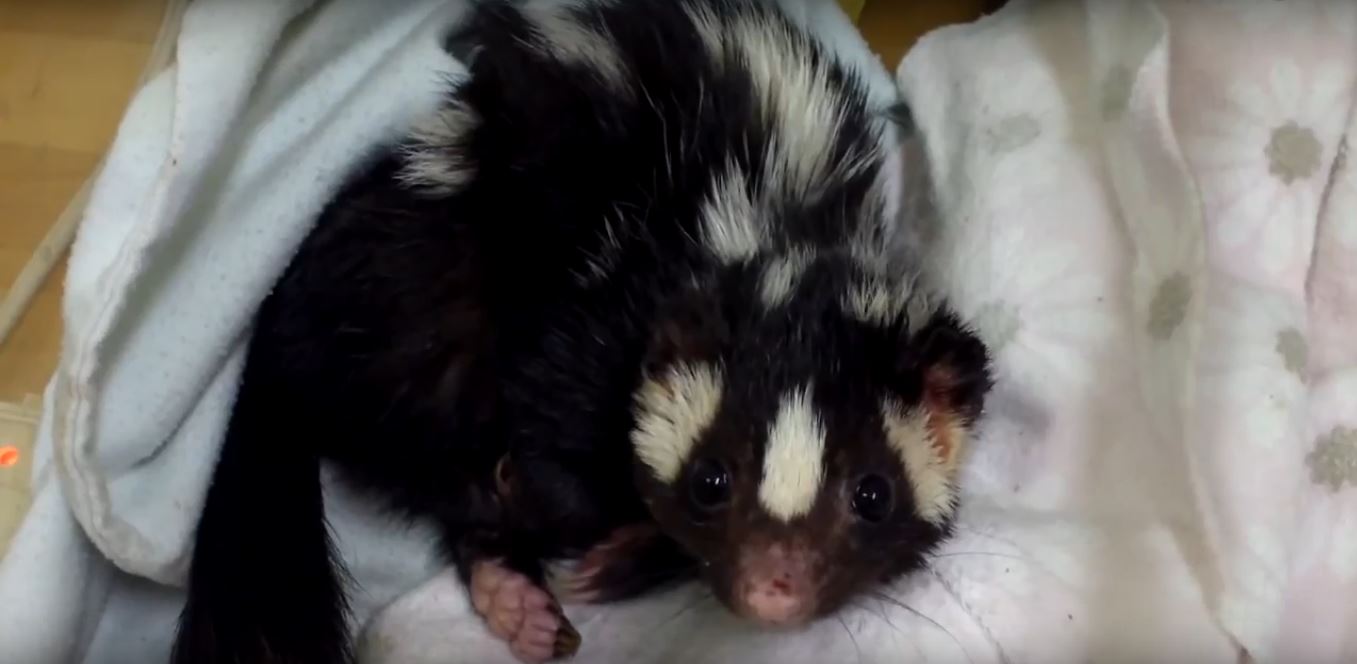
Pest Animal Removal Richmond
Welcome to Pest Animal Removal Richmond! We are a wildlife removal company servicing Richmond, VA. We are one of the largest wildlife control companies in the area, and have a technician servicing your area, usually available immediately. This means emergency situations and same-day appointments are readily available, and for when you can handle the little beast only our own, our 24/7 phone line will be on hand for advice … should you need it. Our customers have voted us the number one pest control company in your area for the third year running, and we like to think this is because of our friendly, efficient, and reliable service. Pests are removed humanely, using only the latest equipment and tools, and using the ten years of experience we have behind us, alongside the up to date training and industry seminars we attend. We can handle both commercial and residential properties, and a number of pests also. We do not use poisons - we are not exterminators. Instead we will use exclusion methods and, at a push, live trap cages, to ensure we can remove the pest and relocate it safely. We use a combination of a 32-point inspection and our own knowledge of where these animals like to hang out (particularly dead ones), to check your home. We specialize in bat colony extraction - we remove 100% of the bats, without harming a single one. Call us now at 804-277-4105 for your Richmond wildlife control needs.
About Pest Animal Removal Richmond and Our Services:
Humane wildlife trapping and exclusion.
We offer attic cleanup and sanitation services.
Fully Virginia licensed and insured.
Poison-free Richmond rodent control - rats and mice.
Experts in Virginia bat removal from buildings.
Richmond raccoon removal and skunk removal.
Complete removal of squirrels in the attic
Dead animal removal, inside and outside.
Richmond snake removal and prevention.
Richmond bird control services.
We look forward to hearing from you!
Call us any time to discuss your wildlife problem!
Our Service Range

Our Service Range
We service Mechanicsville, Petersburg, Hopewell, Colonial Heights, Chester. We service the towns of Atlee, Beach, Bon Air, Centralia, Chester, Chesterfield, Disputanta, Enon, Ettrick, Fair Oaks, Glen Allen, Glendale, Highland Springs, Kingsland, Lakeside, Laurel, Matoaka, Mechanicsville, Midlothian, Montrose, Moseley, New Bohemia, Prince George, Sandston, Short Pump, Soloman's Store, Varina, Winterpock, and more.Richmond Wildlife Removal Tip of the Month
About Skunks
Skunks are small to medium-sized Richmond mammals who live in tree hollows, most often far from urban on
human-inhabited areas. Skunks vary in color depending on the type, and the color of their fur can
range from light brown to gray and even black. In popular culture, skunks are often presented with
a long, white stripe at the middle of their back. However, the majority of types of Virginia skunks don't have
a white stripe that is noticeable to that degree. Skunk's head shape somewhat resembles a cat, as they
have narrow faces with slightly pointed nozzles. Also, eyes in skunks are quite widely separated.

Skunks are specific for their long, slim bodies and long, fluffy tales. However, the feature they are most
famous for is their ability to spray their victims and use the unpleasant smell coming from their glands to
defend themselves. Skunks have all the usual features of wild mammals. They walk on four legs and are equipped
with sharp claws. Their teeth, though small, are very sharp, and they have a set of usual mammal sharp K9s. The
head of the Richmond skunk strongly resembles a cat, although the shape of their bodies is quite different. Unlike cats,
the build of the skunks resembles more with a squirrel. Skunk's body is long and slim, with a long and fluffy
tail.
Underneath their tales, skunks have a gland that releases a substance of an intense and unpleasant smell. Each time
a Richmond skunk is scared, it will raise its tail, pointing their gland into the object or an animal it is trying to affect.
Then, the gland will release its content in a cloud of spray, that will often chase away opponents or predators. Skunks
normally mate during the spring. As the species itself is polygynous, one male will mate with multiple females. Once the
females become pregnant, they will carry their babies for about 66 days, which is the length of the gestational period
for skunks. Skunk kits are very vulnerable right after they are born, and they need to stay close to their mother in
order to survive. Their bodies are usually wet and covered with soft fur. While males have no part in taking care of
the skunk kits, female Virginia skunks will stay next to their offspring up to a whole year following their birth
These types of Richmond skunk families are called dens. Often, skunks den inside tree hollows. After a whole year has passed since
the kits were born, they will move on to live independently. Skunks most often make dens in tree hollows and are known to
live a solitary life. Sometimes, baby skunks will remain with their mother for a longer period of time, and they will form
a family unit. These families often count around 12 skunks. After a whole year of staying attached to their mother, young
skunks will move on to create their own dens. Skunks prefer to live near a source of water, and within areas where the food
will be easily accessible to them. However, Virginia skunks sometimes inhabit human buildings or homes. This often happens if their
natural habitats are destroyed due to natural disasters, like wildfires and floods, or deforestation. In these situations,
skunks will sometimes break inside human residences, raiding any food supplies they manage to find, including poultry and
smaller farm animals.

